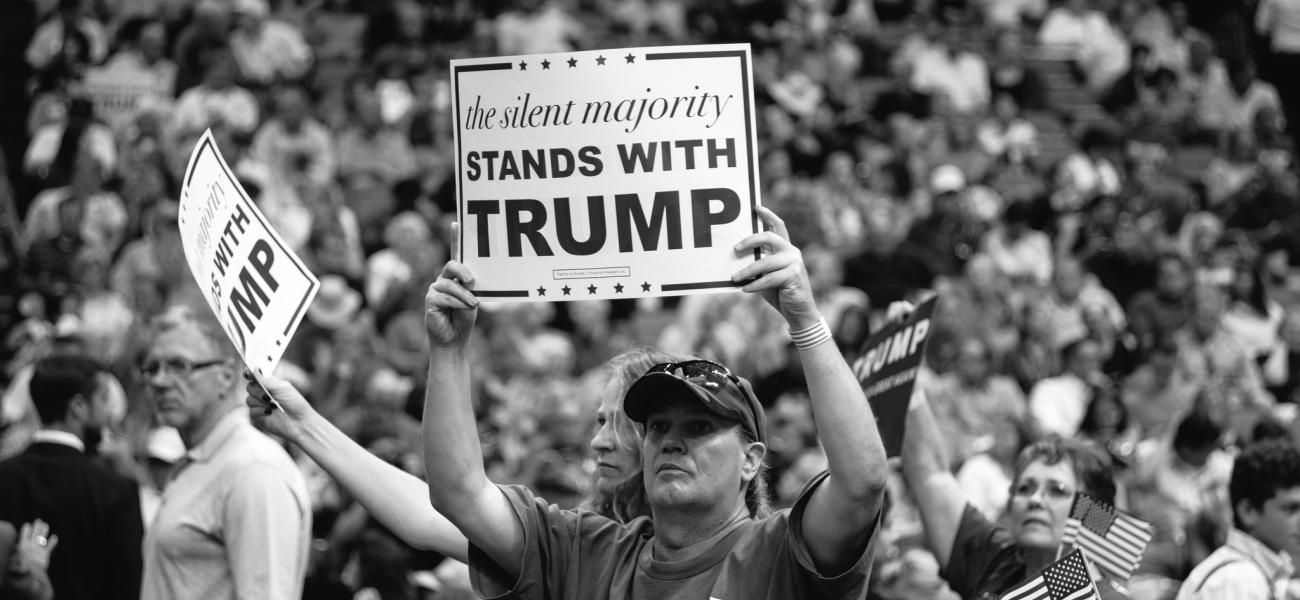
'Blame Russia' Is Getting Old
This is a summary of an article originally published by the Wall Street Journal.
The author writes that although voters worldwide have been giving voice to their dissatisfaction with political elites, those elites keep trying to explain away the explosion of populism as a product of Russian interference. The author cites Italy's recent general election, where two "euroskeptic movements," the 5 Star and Northern League parties, made a strong showing. Samantha Power, the U.S. ambassador to the United Nations under Obama, noted in a tweet that the results of the Italian elections show that it, too, has been "influenced by Russia." Other events attributed to Russian bots include: the push for Brexit, the #ReleaseTheMemo hashtag and the Catalan independence movement, along with stoking racial and political tensions in the U.S. following tragedies. "It seems income stagnation, unbridled immigration, economic inequality, automation and the opioid crisis don't influence voters as much as a few poorly produced memes." The author argues that Western elites should look to the example of France's Emmanuel Macron, who was able to win against a populist opponent by offering voters "meaningful economic reforms and a narrative of change."
Read the full article at the Wall Street Journal.
Benjamin Haddad
Benjamin Haddad is a research fellow at the Hudson Institute.
Photo by Jamelle Bouie shared under a CC BY 2.0 license.

